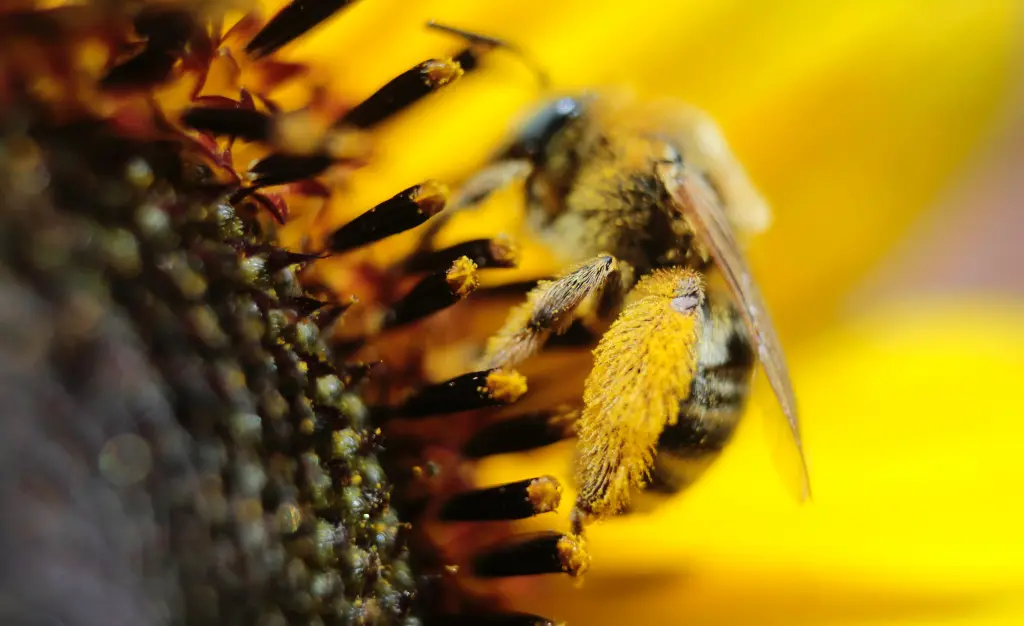
In the delicate ecosystem of our planet, every organism plays a crucial role. Among them, honey bees stand out as vital pollinators, supporting the growth of countless plant species and ensuring food security for humans. However, in recent years, these essential insects have faced unprecedented challenges, from habitat loss to pesticide exposure, leading to alarming declines in bee populations worldwide.
As scientists delve deeper into understanding the complex factors contributing to bee decline, one intriguing solution has emerged: probiotics. Yes, you read that right – probiotics, the beneficial bacteria often associated with gut health in humans, might just hold the key to revitalizing bee populations and safeguarding our food supply.
At the forefront of this groundbreaking research is Seed, a pioneering company dedicated to harnessing the power of microbiome science for the betterment of both human and environmental health. While Seed is renowned for its innovative probiotic formulations designed to support human wellness, its commitment extends beyond the confines of the human body. With a deep-rooted understanding of the interconnectedness of all life forms, Seed has set its sights on addressing the urgent plight of honey bees through its revolutionary approach to microbiome science.
But how exactly can probiotics benefit honey bees, and what does this mean for the future of agriculture?
Recent studies have shed light on the intricate relationship between the bee gut microbiome and overall hive health. Just as in humans, a balanced microbiome is essential for bees’ immune function, digestion, and resilience to environmental stressors. However, factors like exposure to pesticides, pathogens, and poor nutrition can disrupt this delicate balance, leaving bee colonies vulnerable to collapse.
Here’s where Seed steps in with its cutting-edge probiotic technology. By developing specialized formulations tailored to the unique needs of bees, Seed aims to restore and maintain healthy gut microbiomes in bee populations. These probiotics, meticulously selected for their ability to support bee health and resilience, offer a natural and sustainable solution to the challenges facing pollinators today.
But the benefits of Seed‘s probiotics extend far beyond the hive. As bees thrive and pollination rates increase, so too does agricultural productivity. Farmers rely on bees to pollinate a wide range of crops, from fruits and vegetables to nuts and seeds. By bolstering bee populations through probiotic intervention, Seed not only safeguards the future of bee-dependent crops but also promotes biodiversity and ecological balance on a global scale.
Moreover, by choosing Seed‘s probiotic products, consumers can play a direct role in supporting bee conservation efforts. Every purchase contributes to ongoing research and initiatives aimed at preserving bee habitats, reducing pesticide exposure, and promoting sustainable agricultural practices.
In a world where the health of our planet and its inhabitants is increasingly intertwined, Seed‘s commitment to environmental stewardship is more crucial than ever. By harnessing the power of probiotics to protect honey bees, Seed not only offers hope for the future of agriculture but also inspires a deeper appreciation for the intricate web of life that sustains us all.
So, the next time you reach for a probiotic supplement, consider the far-reaching impact of your choice. With Seed, you’re not just supporting your own health – you’re joining a global movement to protect pollinators, preserve ecosystems, and cultivate a brighter future for generations to come.
 App
App  GooglePlay
GooglePlay



